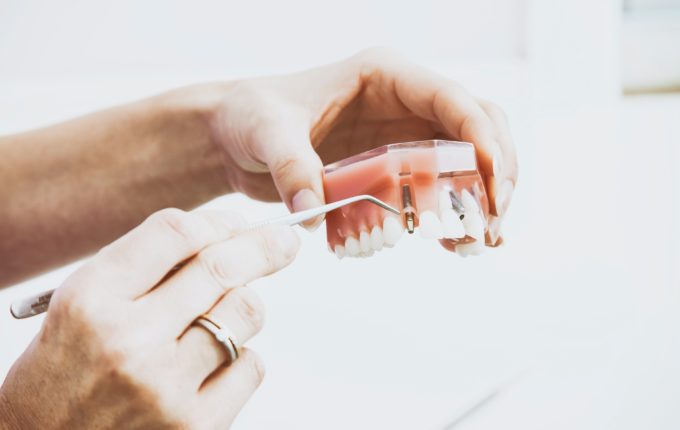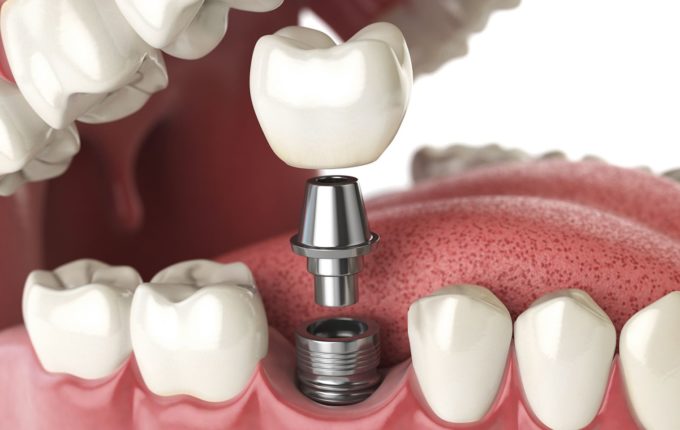Tips for Dental Implant Recovery
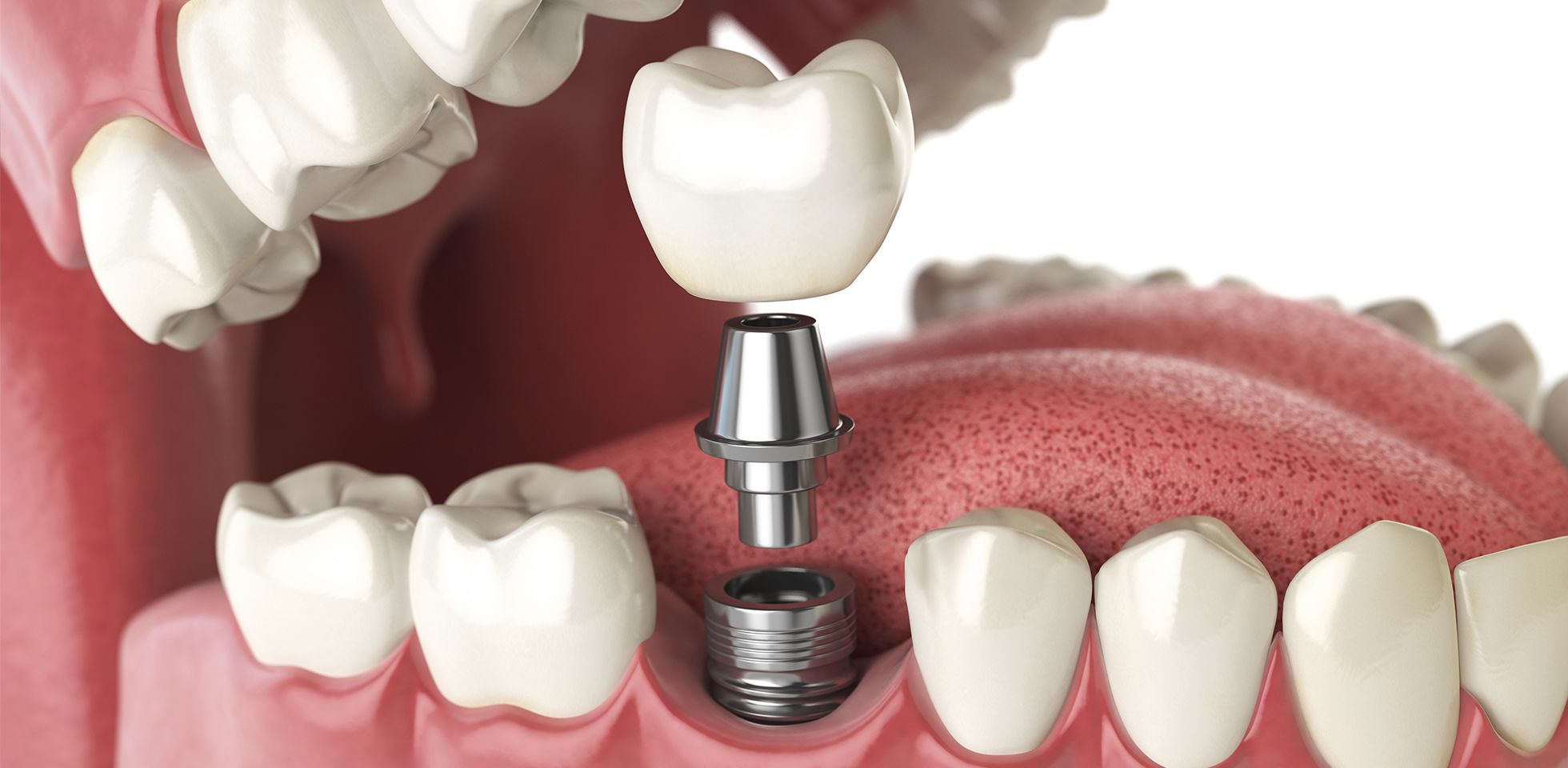
- Things To Avoid After Dental Implant Surgery
- Dental Implant Recovery Tips
- What To Expect After Dental Impant Surgery
- Taking Care Of Your Dental Implants
Implants are the gold standard for replacing missing teeth in your mouth. An implant is a titanium root gently inserted into the jaw bone. After about three months of healing, the implant will fuse to the bone (osseointegration). Once this happens, we will place a post (abutment) into the implant and then a beautiful porcelain crown on top of the abutment. Viola, your smile has been restored.
At 209 NYC Dental, Dr. Jin Wang is our Board Certified implantologist. His gentle, precise, and skilled manner does much to make your recovery easy — a non-event. Selecting the right doctor and the right setting is probably the most crucial tip that allows for our tremendous 99% success rate. We have the most modern equipment in an immaculate, safe, and tranquil environment. We are a multispeciality office that coordinates the surgical placement of your implant with beautiful restoration, all under one roof.
Depending on the patient’s circumstances and the complexity of work done, our recovery rate is 100%. To ensure a complete and fast recovery, we have compiled a list of tips and recommendations for you to follow after the implant placement.
Factors That Influence Dental Implant Recovery
- The patient’s overall health, including systemic diseases, ie. diabetes, pre-existing medical conditions
- The overall health of the mouth and jawbone (i.e. pre-existing periodontal disease)
- Smoking — which must be stopped entirely during the recovery phase, if not forever
- Alcohol consumption — no intake for two weeks post-surgery
- The placement site (anterior/posterior, upper/lower)
- The number of implants (single vs. multiple)
- Whether the existing teeth need extraction or teeth are missing
- Whether the surgical site needs bone grafting (enhance the bone) so the implant can be placed
- The age of the patient
- Diet and vitamin supplement consumption. (Following the surgery, we ask our patients to remain on a soft diet for three to 14 days. Smoothies, egg white omelets, pasta, hearty soups, fruits, and vegetables that can be blended, all fit the bill.)
We want the bone to grow into the implant as expeditiously as possible. The following vitamins help in this endeavor:
- Calcium — 400 mg per day for three months to aid in new bone formation.
- Vitamin D3 — 1000 IU per day for three months to help your body effectively absorb calcium from the small intestine into the bloodstream.
- Vitamin — K2 90 micrograms per day for three months. This aids in incorporating calcium into the matrix of the jaw bone from the bloodstream.
- Turmeric — 1000 mg per day for 2 weeks to prevent inflammation, swelling, and discomfort following surgery.
Things to Avoid After Surgery
To be as strong and durable as possible, dental implants need time to fuse with the bone through a process called osseointegration, which is why the recovery phase is so crucial. The quicker the recovery, the faster you will be on your way to a more confident smile.
To ensure the most optimal recovery, you should follow these guidelines post-surgery:
- No strenuous activity for two weeks following surgery.
- No lifting or bending head down.
- Absolutely NO smoking.
- No alcohol for two weeks.
- Avoid caffeine where possible.
- No hard, crusty, or chewy foods, including nuts or seeds.
- Avoid spices that could irritate or inflame the surgical site.
- Do not sleep on your stomach. It is best to sleep on your back or side — preferably with your head elevated.
- No vigorous rinsing for one week after surgery.
- Avoid mouthwash where possible.
Following such protocols will prevent irritation or damage to the surgical site to ensure an ideal implant recovery time frame.
Implant Healing Recovery Tips to Follow After Surgery
- Rest: For the first day or two after dental implant surgery, you will need to prioritize rest and keep your head elevated. Many people who get simple implant insertions return to work the same day, though it is up to you as an individual to determine what will work best for your recovery.
- Ice the surgical site: For one to two days post-surgery, you will need to ice the surgical site for 10 minutes on and 10 minutes off regularly. Icing the area significantly decreases swelling and general post-op discomfort, which is typically minimal.
- Return to your oral hygiene routine: Following day one post-op, we would like you to restart proper oral hygiene. Gently brush and floss your teeth, avoiding electric toothbrushes and mouthwash.
- Rinse gently: On the second day after surgery, very gently lavage the mouth with Peridex two times daily. You may also use warm salt water as a lavage in place of the Peridex. Use one tablespoon of salt per glass of water.
- Take medication as recommended: As you rest and ice your surgical site, continue to take medications as prescribed. Antibiotics prophylactically prevent post-op infections, usually for seven days. Analgesic medications prevent pain, inflammation, and swelling. We suggest alternating between a combination of acetaminophen and ibuprofen every six hours for a day or so post-op.
- Eat soft foods: You will need to eat soft foods for one to two weeks after your surgery. Soft foods can safely include fruits, fruit smoothies, oatmeal, yogurt, eggs, mashed potatoes, pudding, and soups. It is important you do not skip meals during your recovery, so be sure to have an abundance of soft foods nearby.
- Hydrate often: Drinking lots of water will help you feel better and assist in recovery.
What to Expect After Dental Implant Surgery
Bleeding, swelling, and the need for sutures are normal. Here are some of our recommendations to prevent excessive bleeding and swelling.
- Post-surgical bleeding is normal. Bleeding can last anywhere from 48-72 hours post-surgery. To deter bleeding, bite on sterile gauze for 10 minutes. A cold, moist tea bag is also very effective in stopping bleeding.
- Depending on the severity of the case, swelling is also to be expected. In simple implant placement, there is hardly any. We recommend that when you return home, ice the area for 10 minutes on and 10 minutes off for the next two days. You can use ice cubes and crushed ice, but perhaps a more comfortable method is frozen green peas in a sandwich bag.
- In some cases, sutures (stitches) will be placed. We use dissolvable sutures which will melt away in four to six days.
Taking Care of Your Dental Implants
To maintain your oral health, reduce the chance of jaw bone loss, and prevent bacteria growth, properly caring for your dental implants is vital. We recommend patients:
- Follow an oral health routine: Continue to brush, floss, and rinse your dental implants daily, just as you would normally without implants. You can also use an interdental toothbrush to better brush between teeth and dental implants. Thorough brushing will prevent bacteria accumulation in the gums, which can lead to further complications such as gingivitis and periodontitis.
- Follow up with professional care: Schedule regular cleanings with a dental hygienist at least twice a year. Hygienists are trained in dental implant care and can alert you to any concerns or complications before they cause pain or gum disease. Be sure to alert your dental professional if you are experiencing pain or other uncommon problems with your dental implants.
- Avoid tobacco: We recommend patients refrain from chewing or smoking tobacco after getting a dental implant. There is a correlation between tobacco use and dental implant failure.
Make an Appointment with 209 NYC Dental
Dr. Jin Wang and his team await you. Make an appointment with our dentists, today, to discuss the restoration of your smile. Implants are fixed in our mouths. They act just like natural teeth, in beauty, form, and function. The first step is all you need to do; we will make your implant journey a most pleasant voyage. Call us at 212-355-2290 to make an appointment today.
 Our History
Our History
 Our Providers
Our Providers
 About Us
About Us
 Blog
Blog
 Contact us
Contact us
 Diagnostic & Preventive
Diagnostic & Preventive
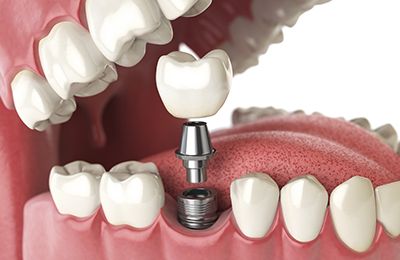 Implant Dentistry
Implant Dentistry
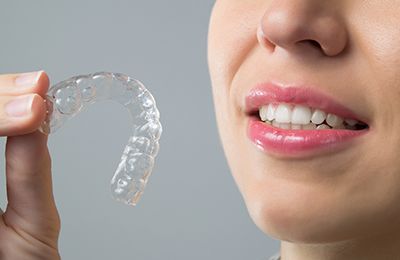 Clear Braces - Invisalign
Clear Braces - Invisalign
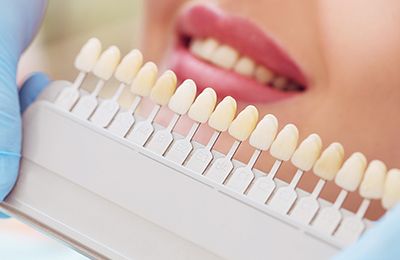 Cosmetic Dentistry
Cosmetic Dentistry
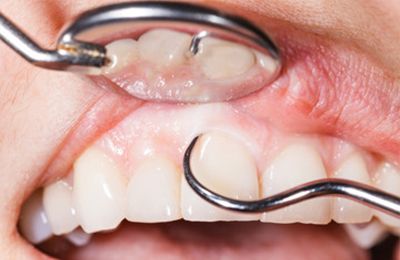 Periodontics
Periodontics
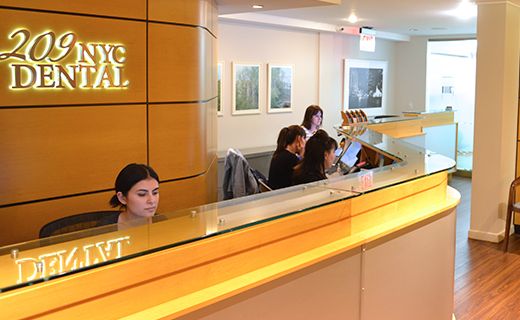 Patient Forms
Patient Forms
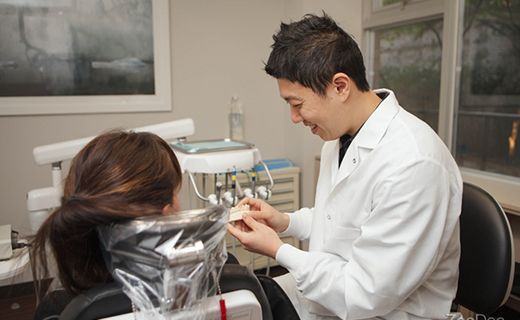 Payment Information
Payment Information
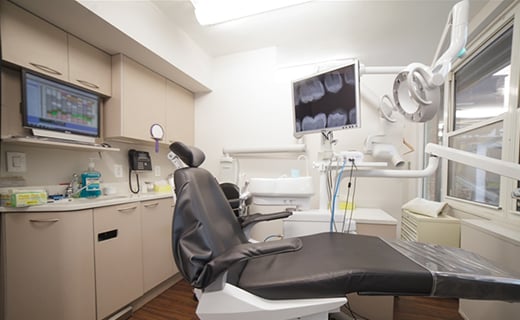 Insurance Options
Insurance Options
 CareCredit Dental
CareCredit Dental
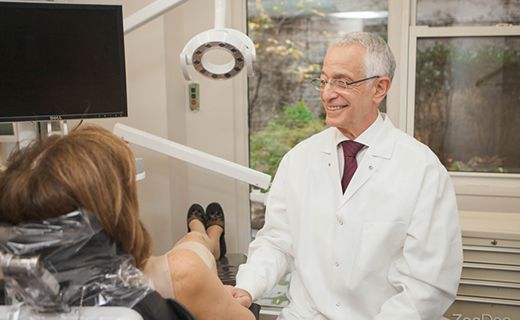 Appointment Policy
Appointment Policy
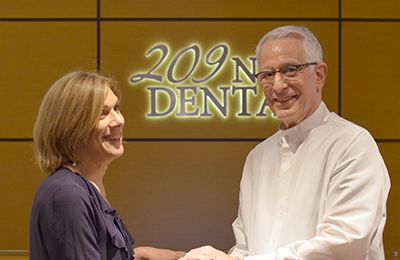 Free Consultation
Free Consultation
 Complimentary Teeth Whitening
Complimentary Teeth Whitening
 Teeth Whitening
Teeth Whitening

